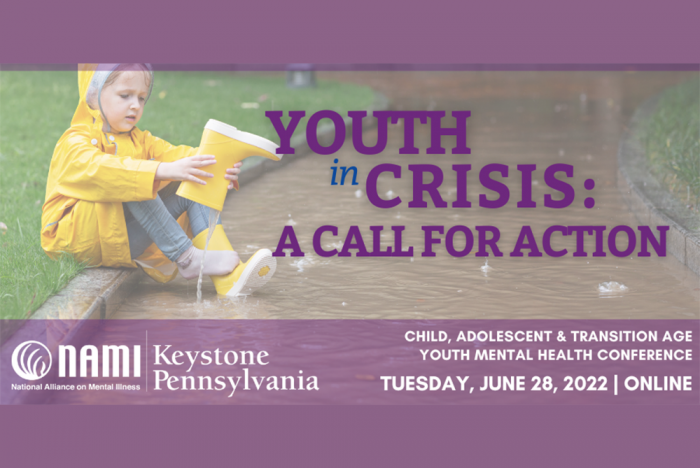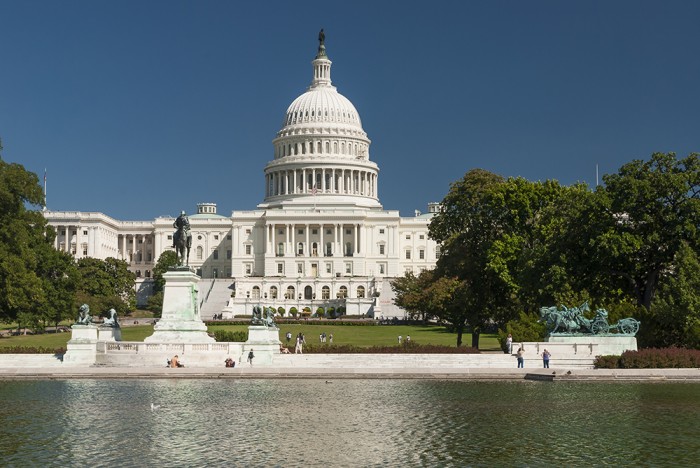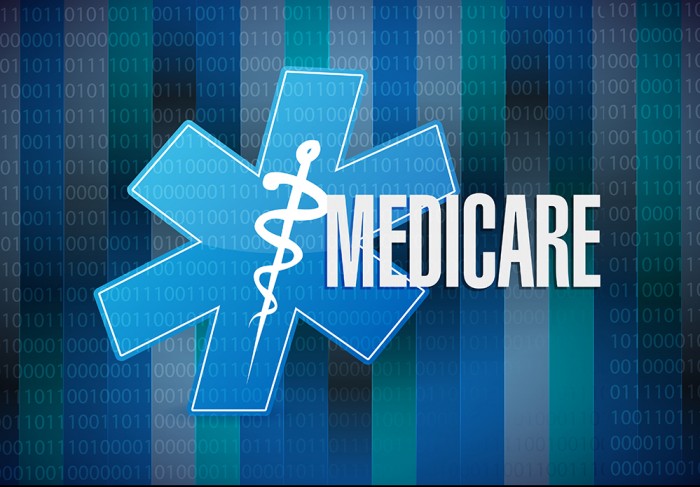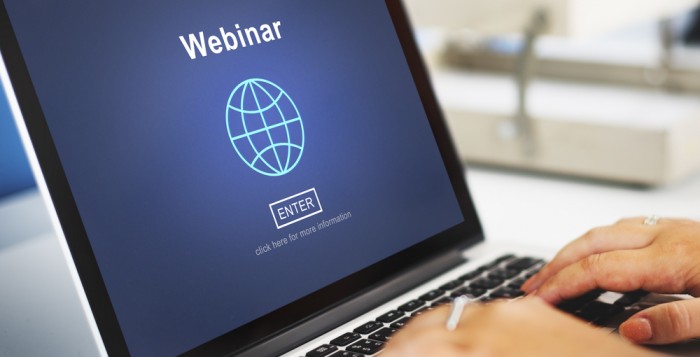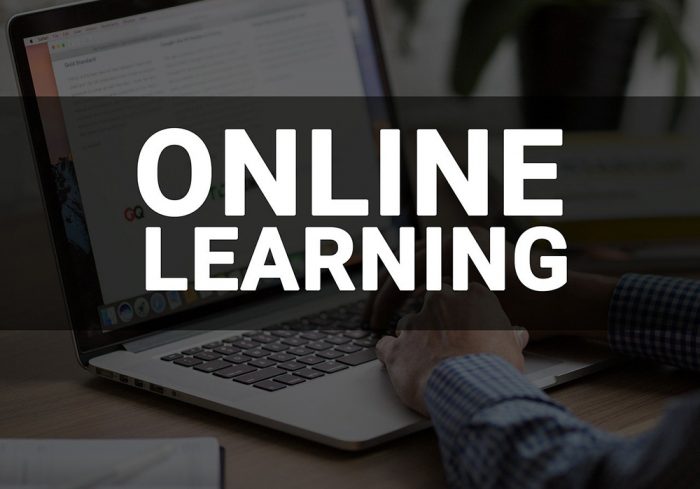The Centers for Medicare and Medicaid Services (CMS) is conducting interactive training webinars that cover Medicare basics today, June 14, 2022, and tomorrow, June 15, 2022, from 1:00 pm – 3:00 pm. The topics and registration links for both days are provided below:
Day 1 (June 14) — Topics will include Medicare enrollment and eligibility; SSA and CMS roles and responsibilities; cost and coverage under Medicare Part A (Hospital Insurance) and Medicare Part B (Medical Insurance); why enrolling on time is important; and an overview of Medicare Supplement Insurance (Medigap) policies.
Register for the Day 1 webinar here.
Day 2 (June 15) — Topics will include Medicare drug coverage (Part D); Medicare Advantage Plans; coordination of benefits; how to detect and report suspected Medicare fraud, waste, and abuse; and different resources to help you find answers to Medicare policy and coverage questions.
Register for the Day 2 webinar here.
These webinars will be recorded and posted to the National Training Program (NTP) website. You can view the recordings here.









